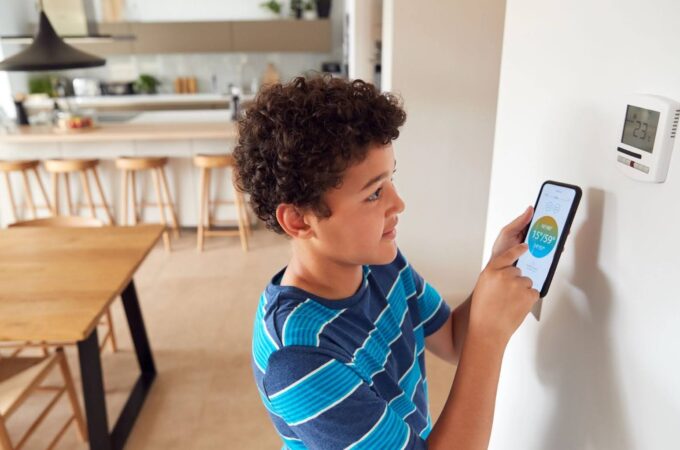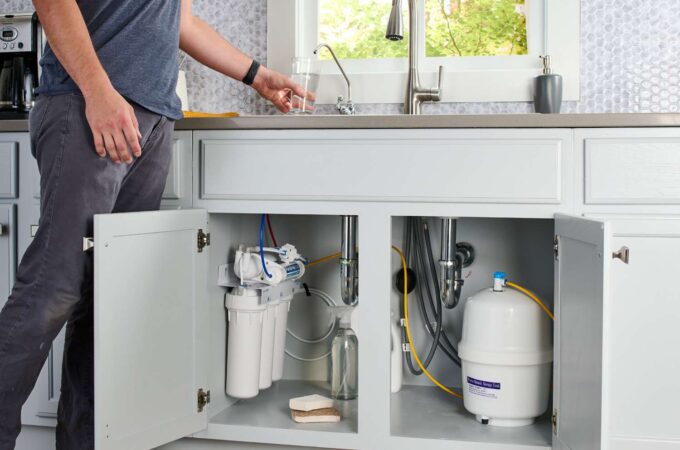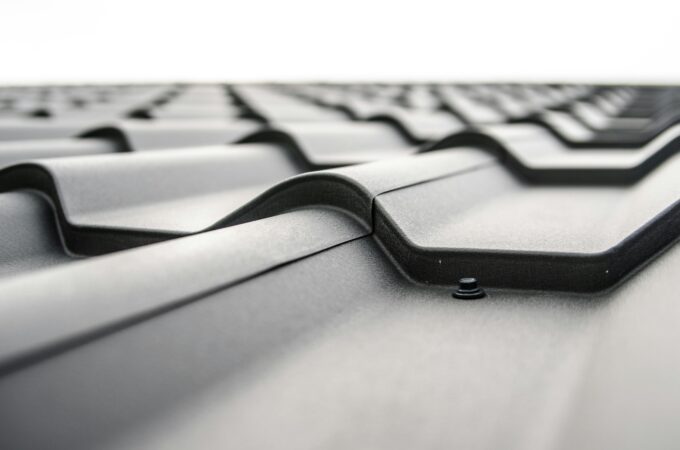
5 Ways to Save Energy and Money on Your Heating Bill
It’s challenging to get a handle on your heating bill. It’s typically not a one-time expense but can recur every month of the year. In addition, there are so many factors that can affect your heating bill (how old your AC unit is, the size of your home, your current usage, etc.), it can be difficult to predict what your heating bill will look like. Also, what’s the difference between a “heating” and a “cooling” bill?
For all those reasons and more, people are curious to understand their current heating bill and how they can save energy costs in the future. And while we can’t advise on specific strategies for you, we can share nine ideas that might help you manage your heating costs. Hopefully, whether you’re looking to save money or cut down on greenhouse gas emissions, this information is helpful for you.
1. First things first: Check your HVAC unit to make sure it’s in good working order.
A dirty filter is one of the biggest causes of energy loss through your heating and cooling vents. And if your unit was installed recently, you may not even have to replace the filter. Most newer HVAC units are designed to work just as efficiently with a disposable plastic filter instead of a more expensive washable one.
Most filters get beat up pretty badly during their lifetime, making it difficult to determine how much of the air passing through it is being blocked. A good rule of thumb is to change your filter every few months. A dirty filter can dramatically reduce the airflow going through your system, putting unexpected strain on its components and reducing its efficiency.
2. Install Insulation. You can place Insulation in your attic, walls, and even the floors of your home to keep things warm and cozy for your family. Whether you do it yourself or hire HVAC repair services to take care of it, Insulation is an excellent investment for potential savings. Buying a more efficient heating and cooling unit can save you a lot of money on your energy bills. Ensure to do your research first and get a brand that will best suit your house and family.

3. Request an energy audit: One of the easiest ways to reduce your heating bill is to make sure you’re using energy efficiently. An energy auditor can help you determine how much money you could save by making fixes or upgrades. Suppose you’re considering making efficiency upgrades such as switching to high-efficiency HVAC systems or replacing old windows. In that case, an energy auditor will help you decide if the investment is worth it.
4. Replace your system with a heat pump: Heat pumps are more efficient than conventional forced-air systems, such as gas furnaces or electric baseboard heaters. They have a “dual-fuel” capability that allows them to heat your home with electricity in the winter and cool it using a refrigerant in the summer. Because of this, they’re able to heat and cool your home more efficiently than other HVAC systems. So you can use less propane or natural gas, keeping your utility bills low!
A pellet stove or wood burning stove can also help you save on heating costs. When selecting the right pellet stove for your needs, first focus on efficiency. Make sure you factor in both the heating capacity and burn time of the stove.
5. Don’t leave the heat on if no one is home. If you have a programmable thermostat, set it, so your heating is off when you’re not home or even overnight. You’ll save even more money if you put it in Eco mode, which will turn the heat or air conditioning off completely while you’re out of the house during the day. If you use natural gas, consider installing an energy recovery ventilator (ERV) in your furnace that will return warmed air into your home. If you have an electric furnace, consider switching to a hybrid electric model that uses gas to heat water, which then heats your home. Hybrid models can be up to 70% more efficient than electric furnaces. Finally, replace leaky windows with new ones.
6. Caulk and weatherstrip: Weather-stripping and caulking can be a bit of a hassle, but they’re definitely worth the effort. These strategies can help you prevent air from slipping through cracks and leaking out through cracks and holes in your home. This is one of the most effective ways to safeguard your home from air leakage, which could result in some serious energy savings.
To seal your home against air leakage, make sure you get as many weatherstripping and caulking projects as possible done during the winter or when you’re at home. Energy use accounts for about half of your heating bill, so doing these things might be one of the most effective ways to save money on your heating bill. As long as you have a reliable HVAC repair service on call, you should be able to finish these projects in a few hours or less.

7. Maintenance of HVAC Equipment. The single most essential investment homeowners can make to their HVAC unit is to maintain it regularly. HVAC repairs are often necessary when equipment breaks down. If you ignore these warning signs, you may be forced to replace the equipment earlier than needed, which will cost you money in the long run. Proper maintenance can prolong the life of your HVAC system, saving you money over time. Consistent maintenance of your HVAC unit is not complex, but it must be done regularly.
8. Cut back on drafts. Double-check your doors and windows for gaps around the frames to prevent cold air from seeping in. A simple weatherstripping job could keep your heating bill lower
9. Call your home warranty company. Home warranties do not cover HVAC repair services, but luckily, these repairs are not expensive. If your home warranty company covers something other than air conditioning like electrical or plumbing problems, you’ll have to pay for the repair. If you’re lucky enough to have a policy covering HVAC repairs, you’ll only have to pay for the part. The good news is that many HVAC specialists offer free estimates. You can call your local supplier in advance or have a specialist come to you. A simple Google search will lead you to several excellent options for replacement parts and specialists. Don’t hesitate to ask your friends and family about their experiences with HVAC repair services in their area — word of mouth is the most effective type of advertising.




